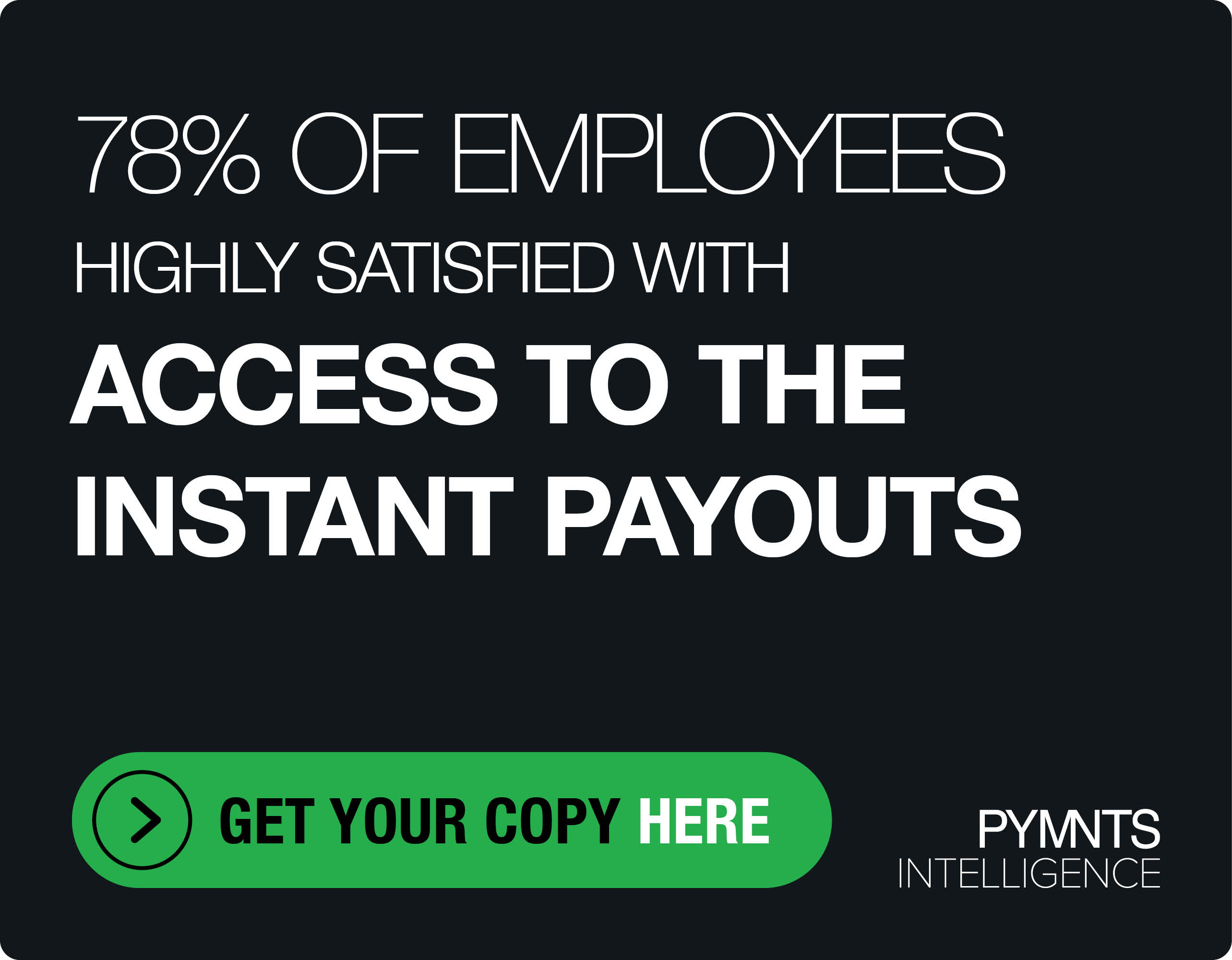UPS Doubles Down On B2B
Delivery and logistics conglomerate UPS released an excitingly positive quarterly earnings report last April that revealed a 14 percent jump in earnings for the first half of 2015. Across the board the company saw dollar signs: Domestic revenue increased by 3.8 percent, while daily package volume jumped by 2.4 percent.
Clearly, the rise in consumer online shopping has boded well for the shipping company. But UPS is succeeding on another front: enterprise services. The company announced this week two major moves to strengthen its position in B2B, signaling to investors that even in the holiday shopping off-season, UPS is finding ways to stay busy — and successful.
Logistics Acquisition
On Monday (June 15), The Wall Street Journal reported that UPS’s financial services unit UPS Capital reached a deal to acquire Parcel Pro, a shipping logistics firm that specializes in offering insurance coverage for the shipment of luxury products like jewelry and watches.
The buyout allows companies to ship more items in fewer packages, reports said, because shipping insurance is typically limited to $50,000 for domestic shipments and just $500 for international shipments — caps that force businesses to divide up shipments into separate packages.
But Parcel Pro lets businesses insure their shipments of luxury goods for up to $150,000 domestically and $100,000 internationally, meaning companies that sell these items can ship them in fewer package installments, saving them money.
“The increased maximums allow companies to ship more items in one package,” UPS explained, “which is logistically easier and more cost effective.”
According to experts, the merger will allow UPS to quickly strengthen its logistics services in the insurance sector. “This is a much quicker way for them to get scale in the insurance of jewelry business, rather than starting from scratch,” said BB&T Capital Markets analyst Kevin Sterling to WSJ. “Parcel Pro is already in all the major jewelry markets. Customers already know them. Customers know UPS too, but don’t really think of them as an insurer.”
SME Finance
In an even more radical development of UPS’s B2B efforts, the corporation revealed just one day later, Tuesday (June 16), that it would be entering the small business lending sector through a partnership with alternative finance platform Kabbage.
“Since the recession, small businesses have had a difficult time accessing the capital they need to manage cash flow, hire new employees or purchase new inventory and equipment,” said UPS Capital’s president Ronald Chang. “By partnering with Kabbage, UPS Capital can now help more small businesses grow and achieve their potential.”
In a press release, UPS explained that it will begin to offer its existing small business clients access to working capital through the Kabbage online platform.
The Path Of B2B UPS
UPS’s decision to step into the small business lending space is a tactic used similarly by eCommerce players like Alibaba and Amazon, which connect their merchants to providers of working capital to ensure the financial strength of the companies using their services. The move is also on-point with other less obvious B2B firms, like Staples and Sam’s Club, exploring SME finance.
Whether or not UPS’s partnership with Kabbage raises eyebrows, industry experts say that it is unsurprising the company is looking to strengthen the B2B side of its operations. Deals with both Parcel Pro and Kabbage, reports said, exemplify those efforts.
While UPS’s most recent quarterly earnings report was overall a positive one, the company did note some factors that stymied the financial growth of its supply chain and freight services. “Revenue growth was lowered by currency exchange rates and reduced fuel surcharge revenue,” the earnings report noted.
And while revenue and profitability did increase during Q1, UPS’s B2B operations are growing much slower than B2C, reports said. According to WSJ, UPS’s B2B volume increased by only 3 percent in 2014, compared with a 12 percent spike in B2C shipment volume.
“They’d love to be more B2B, because it’s more profitable, but of course B2C is the one that’s growing, because of the natural progression of growth in online shopping and eCommerce,” BB&T Capital Markets’ Sterling told the publication.
No doubt, UPS’s strategic moves this week to bolster its B2B position are intended to help pull the numbers up closer to those seen in the company’s B2C space. Whether the strategy will work, however, will be closely watched.
